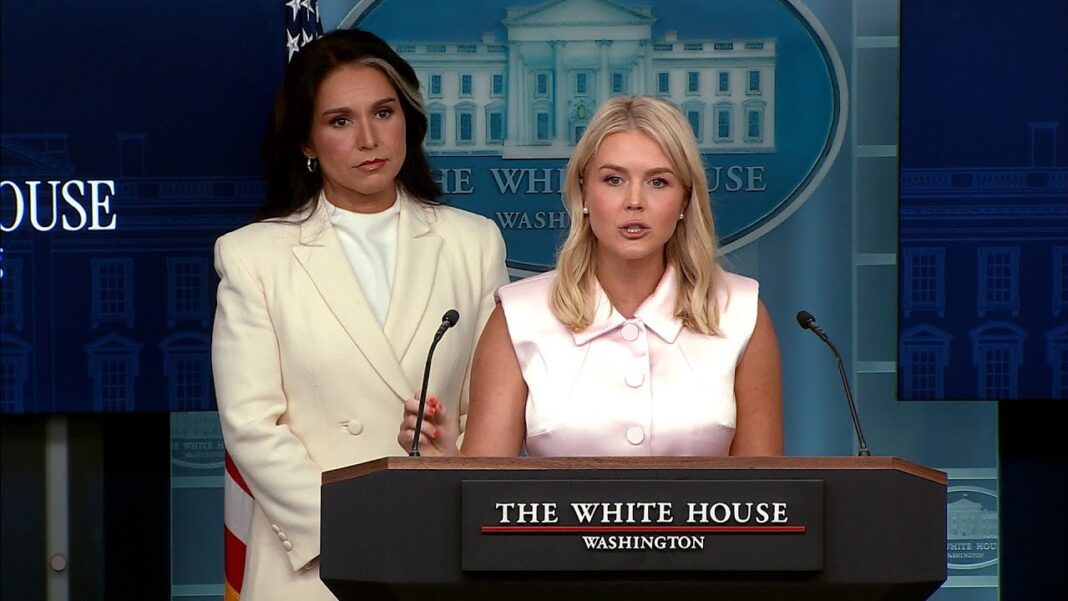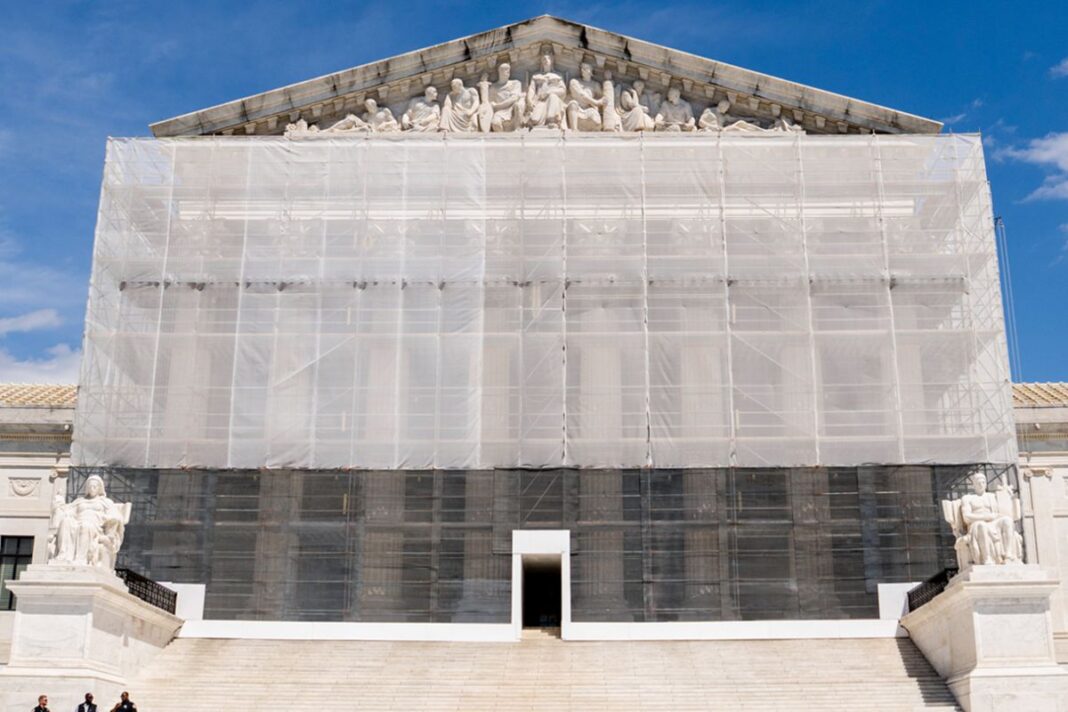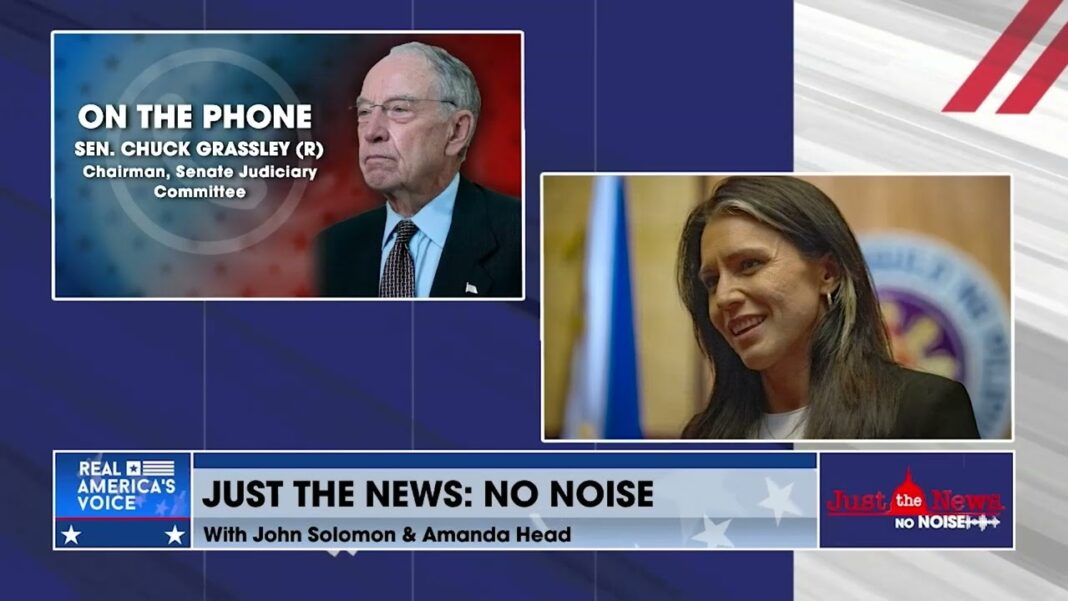Last week, the company, alongside Anthropic, Google, and OpenAI, scored a $200 million contract with the Department of Defense.
President Donald Trump is not interested in allowing the federal government to do business with tech entrepreneur Elon Musk’s artificial intelligence (AI) company, White House press secretary Karoline Leavitt said on July 23.
During a White House press briefing on Wednesday, Leavitt was asked whether Trump supports federal agencies contracting with Musk’s company, xAI.
“I don’t think so, no,” Leavitt said.
But last week, the company, alongside Anthropic, Google, and OpenAI, scored a $200 million contract with the Department of Defense to boost the agency’s adoption of artificial intelligence.
When asked whether the president wanted to cancel the contract, Leavitt said she would discuss it with Trump.
All four companies were awarded contracts with the same $200 million ceiling from the Defense Department’s Chief Digital and Artificial Intelligence Office to advance the Pentagon’s adoption of AI.
The same day the contracts were awarded, xAI announced a new series of AI products for the U.S. government, referred to as Grok for Government.
Last year, Musk stepped into the political arena and decided to endorse Trump, donate to his campaign, and act in an advisory capacity. Trump then tapped him to lead his Department of Government Efficiency (DOGE), which recommended a series of federal worker layoffs and steep cuts to multiple agencies.
During Musk’s time as a special government employee, appearing at Cabinet meetings and White House events, his company Tesla struggled and reported significant stock market losses. While the electric vehicle manufacturer has rebounded slightly, the company has still been struggling since the beginning of Musk’s work with DOGE.
After Musk left his role leading DOGE, the CEO and Trump had a bitter falling out after Musk criticized the Republican-led One Big Beautiful Bill for its projected increases to the federal deficit. Trump accused his former adviser of being frustrated with the bill’s cancellation of tax incentives for electric vehicles.
Musk took it a step further when he floated the idea of starting a new political party, which led to sharp criticisms from the president and threats to end contracts with Musk’s companies such as SpaceX, a major aerospace contractor with the federal government.
SpaceX is one of the few companies that sends astronauts to space for NASA, and is also critical for dispatching and retrieving satellites from orbit.
Earlier this month, Musk unveiled a new update to his Grok AI chatbot, which appears on his social media platform, X. The bot, Grok 3, had allegedly made anti-Semitic comments.
By Jacob Burg








